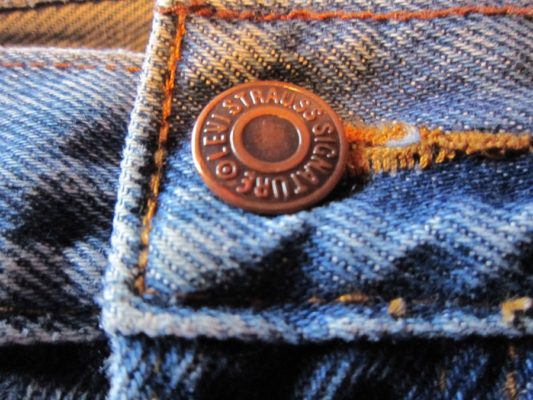Search
To search for an exact match, type the word or phrase you want in quotation marks.
A*DESK has been offering since 2002 contents about criticism and contemporary art. A*DESK has become consolidated thanks to all those who have believed in the project, all those who have followed us, debating, participating and collaborating. Many people have collaborated with A*DESK, and continue to do so. Their efforts, knowledge and belief in the project are what make it grow internationally. At A*DESK we have also generated work for over one hundred professionals in culture, from small collaborations with reviews and classes, to more prolonged and intense collaborations.
At A*DESK we believe in the need for free and universal access to culture and knowledge. We want to carry on being independent, remaining open to more ideas and opinions. If you believe in A*DESK, we need your backing to be able to continue. You can now participate in the project by supporting it. You can choose how much you want to contribute to the project.
You can decide how much you want to bring to the project.

One doesn’t usually come across an exhibition that provokes conflicting emotions, but Work, power and control, one of the sections in the exhibition Critical Episodes (1957-2011), manages just that. There is a certain surprise in finding a MACBA so open to dialogue, so close to the public, one could even say didactic, with an exhibition that is guided, explained and reasoned, and where one doesn’t miss the explanatory labels nor the titles of the works.
However, the similarity with the present historic moment is something that causes a slight concern. The story about the origin of the nonsense that we are experiencing is too close to reality to be ignored. It ends up being shocking that already ten years ago, and even further back if we extend it to the rest of the sections, things didn´t add up. So it ends up being quite frankly hard to maintain a constant smile and stomach the thrusts of biting humour, without thinking about the reality that is developing on the other side of these untainted walls.
The words associated with the exhibition -suppression, preoccupation, fear, control – are all manifestations of a process of cause and effect that the artists gathered in this section have wanted to explore. After the definitive end of industrial production and the overwhelming triumph of immaterial work, society silently witnessed the birth of a new conception of the management of time and human capital. Work, power and control presents a stage of global domination that is the fruit of the most buoyant capitalism. Or to put it another way, it clearly shows the forms of production and life of what we now call the present.
The three spaces that make up the show have a certain autonomy. A possible starting point from where to begin is Andreas Siekmann’s analysis of the nineties. Through the installation Compañía de Responsabilidad Limitada (1996-2002), Siekmann uses a fetish piece of the modern world, a classic pair of jeans, to create an elaborate reflection upon the yoke of power relations that have been placed upon society and the public space. With acid humour and a complex iconographical system, the “jeans” become the perfect vehicle to explore the contradictions of society. A piece of clothing conceived for the world of the worker, that later became a symbol of rebellion. Now a unifying element, indicating the abysm between the powers that be and the majority of society.
This installation is situated in the middle of two series of photographs that show both extremes of forms of life and production. On the one hand, the incubator for executives, the IESE Business School, analytically portrayed by Marc Pataut. On the other, a portrait in black and white of the production line at SEAT. Two opposed poles, the fruit of different moments that depend on each other to exist, that favour only a few.
In the following room, the concept of primary force is reflected in the monument “mobile and provisional to work” by Allan Sekula. Accompanied by some poetically critical texts, the installation presents some workers on a large scale, superior to their natural dimensions, in the midst of their working environment. Trades forgotten and ignored, of great importance for the global world, are dignified into solemn portraits.
Lastly, the show explores fear as a tool of control in the installation by Krzysztof Wodiczko, that remembers the before and after of 11-S. “Si ves algo (If you see something)” (2005) alludes to the creation of a global police state, where citizens are also vigilantes. A context where humiliation is necessary, in order to protect oneself from the danger represented by the “other”.
Work, power and control serves to indicate the antecedents of the social systematic crisis that is driven by capitalism. A vicious circle; where cynicism and irony are presented as possible paths for escape and reflection. However, behind the irony, there is always a trace of pain and melancholy.

Verónica Escobar Monsalve is a restless soul, with a digital nature and an analogue heart. Her investigations centre on art and culture that mix the digital world with pre-digital thought. Art and culture that is capable of reflecting the complexity of today’s world. She believes in the vital importance of a critical spirit and how this can be applied to any facet in life, however difficult it may be.
"A desk is a dangerous place from which to watch the world" (John Le Carré)